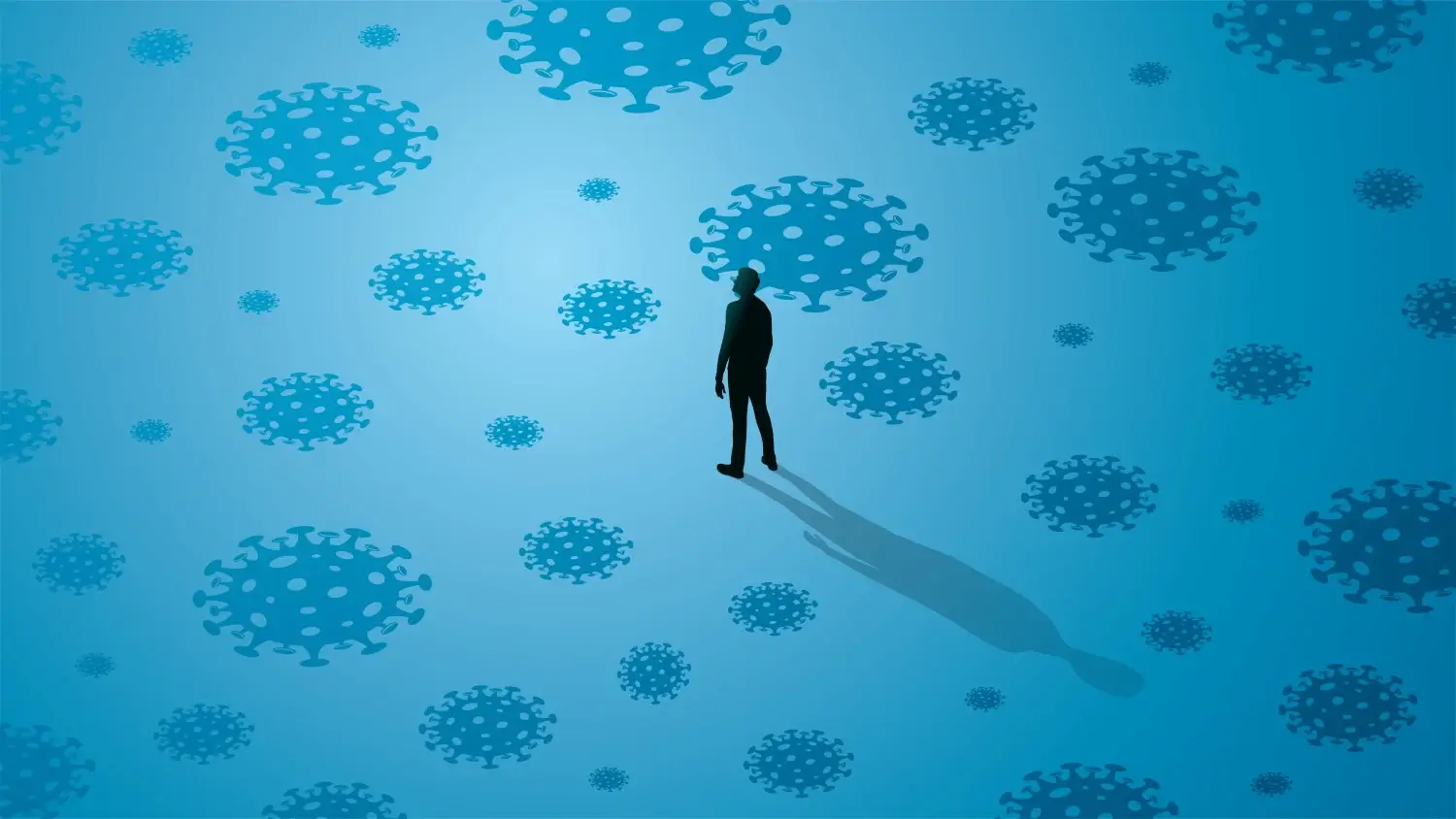In the wake of the Covid-19 pandemic, a new phenomenon has emerged known as Long Covid. This condition affects individuals who continue to experience symptoms long after the initial infection has passed. However, distinguishing Long Covid from other conditions can be challenging due to overlapping symptoms. In this article, we will discuss how you can differentiate Long Covid from other conditions to ensure proper diagnosis and treatment.
What is Long Covid?
Long Covid, also known as post-acute sequelae of SARS-CoV-2 infection (PASC), is a condition where individuals continue to experience symptoms such as fatigue, shortness of breath, brain fog, and muscle aches for weeks or even months after initially contracting the virus. It can affect individuals of all ages, regardless of the severity of their initial infection.
Differentiating Long Covid from other conditions
- Persistent Symptoms: One of the key factors in differentiating Long Covid from other conditions is the persistence of symptoms. While many viral infections may cause lingering symptoms, Long Covid is characterized by symptoms that persist for an extended period, often lasting for months.
- Variety of Symptoms: Long Covid presents a wide range of symptoms that can affect different parts of the body. These symptoms can include fatigue, chest pain, joint pain, and cognitive difficulties. By assessing the variety of symptoms present in an individual, healthcare professionals can better differentiate Long Covid from other conditions.
- Exclusion of Other Conditions: In order to differentiate Long Covid from other conditions, healthcare providers will often perform tests to rule out other potential causes of the symptoms. Conditions such as chronic fatigue syndrome, fibromyalgia, and postural orthostatic tachycardia syndrome (POTS) can share similarities with Long Covid, making it essential to rule them out through thorough testing.
- Timeline of Symptoms: Long Covid symptoms often develop over time, with new symptoms appearing weeks or months after the initial infection. By tracking the timeline of symptoms, healthcare providers can differentiate Long Covid from acute viral infections or other chronic conditions.
- Response to Treatment: Another important factor in distinguishing Long Covid from other conditions is the response to treatment. Individuals with Long Covid may not experience relief from traditional treatments for viral infections, highlighting the unique nature of this condition.
Conclusion
In conclusion, Long Covid is a complex condition that can be challenging to differentiate from other conditions due to overlapping symptoms. By considering factors such as the persistence of symptoms, variety of symptoms, exclusion of other conditions, timeline of symptoms, and response to treatment, healthcare providers can effectively differentiate Long Covid and provide appropriate care for those affected. If you are experiencing lingering symptoms after a Covid-19 infection, it is important to consult with a healthcare professional for proper evaluation and treatment.
